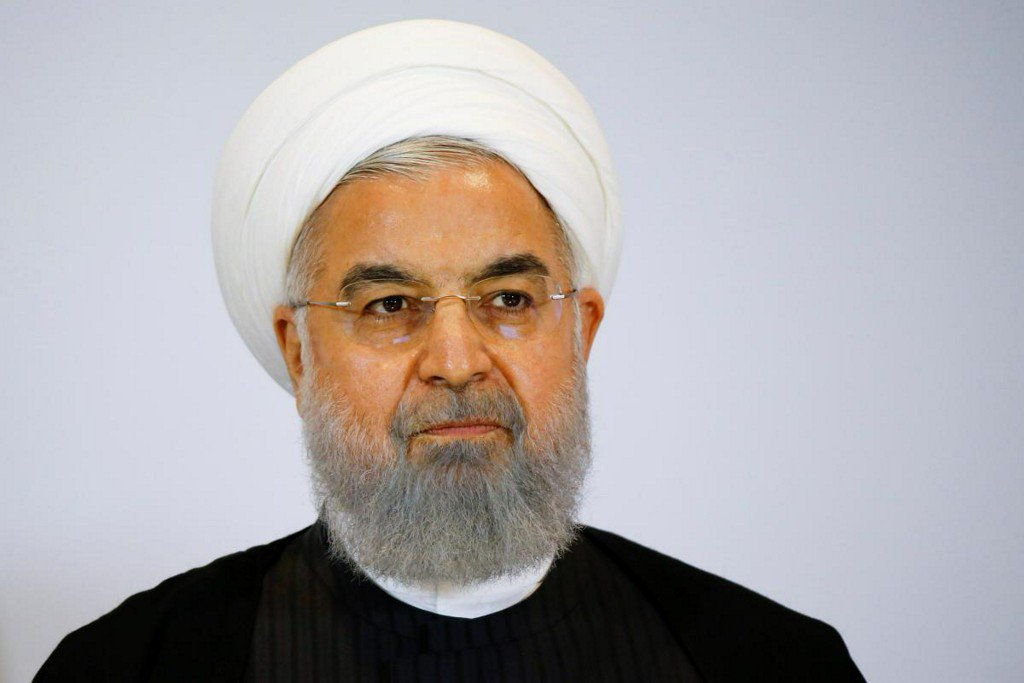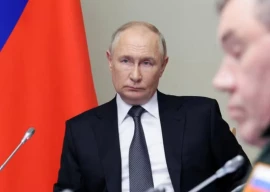
It was the first time Rouhani had been summoned by parliament in his five years in power, and MPs demanded answers on unemployment, rising prices and the sharp depreciation of the rial, which has lost more than half of its value since April.
The lawmakers, who have already impeached his labour and economy ministers this month, were unimpressed.
In votes at the end of the session, they expressed dissatisfaction with Rouhani's responses to four of their five questions on the economy.
Rouhani trod a difficult line, seeking to acknowledge the problems facing ordinary Iranians without admitting to a full-blown crisis.
"It should not be said we are facing a crisis. There is no crisis. If we say there is, it will become a problem for society and then a threat," he told parliament.
Under parliamentary rules, the issues on which lawmakers expressed dissatisfaction will now be referred to the judiciary for review.
As usual, Rouhani offered no concrete policy proposals, instead saying repeatedly that the answer lay in showing the people that the establishment was united.
"You may talk about employment, foreign currency, recession, smuggling... I think the problem is in people's view of the future," he said.
"The people are not afraid of the United States, they are afraid of our disagreements. If the people see we are united, they will realise the problems will be resolved."
Five years of Hassan Rouhani's Iranian presidency
But Rouhani's government -- which pushed a 'moderate' line of improved relations with the West -- has been badly weakened by Washington's May decision to withdraw from a landmark 2015 nuclear deal between Iran and major powers and reimpose sanctions.
Most foreign firms have abandoned investment projects in Iran, and the next phase of renewed US sanctions in November will hit the crucial oil sector.
Iran to open lawsuit against US sanctions at ICJ
The only answer from Rouhani which lawmakers accepted related to international banking sanctions which they agreed were beyond his government's control.
Even after the nuclear deal, major foreign banks continued to refuse to work with Iran, fearing the lack of transparency in its financial sector could lead them into legal trouble.
Despite the impeachment of two of his ministers, Rouhani himself is protected by supreme leader Ayatollah Ali Khamenei, who said recently that removing the president would "play into the hands of the enemy".
Iranian President Rouhani under attack from all sides
But he has lost support even among some of his reformist allies.
"What have we done with this nation? We made them miserable and wretched," said leading reformist MP Elias Hazrati as he voted in favour of impeaching economy minister Masoud Karbasian on Sunday.

















COMMENTS
Comments are moderated and generally will be posted if they are on-topic and not abusive.
For more information, please see our Comments FAQ